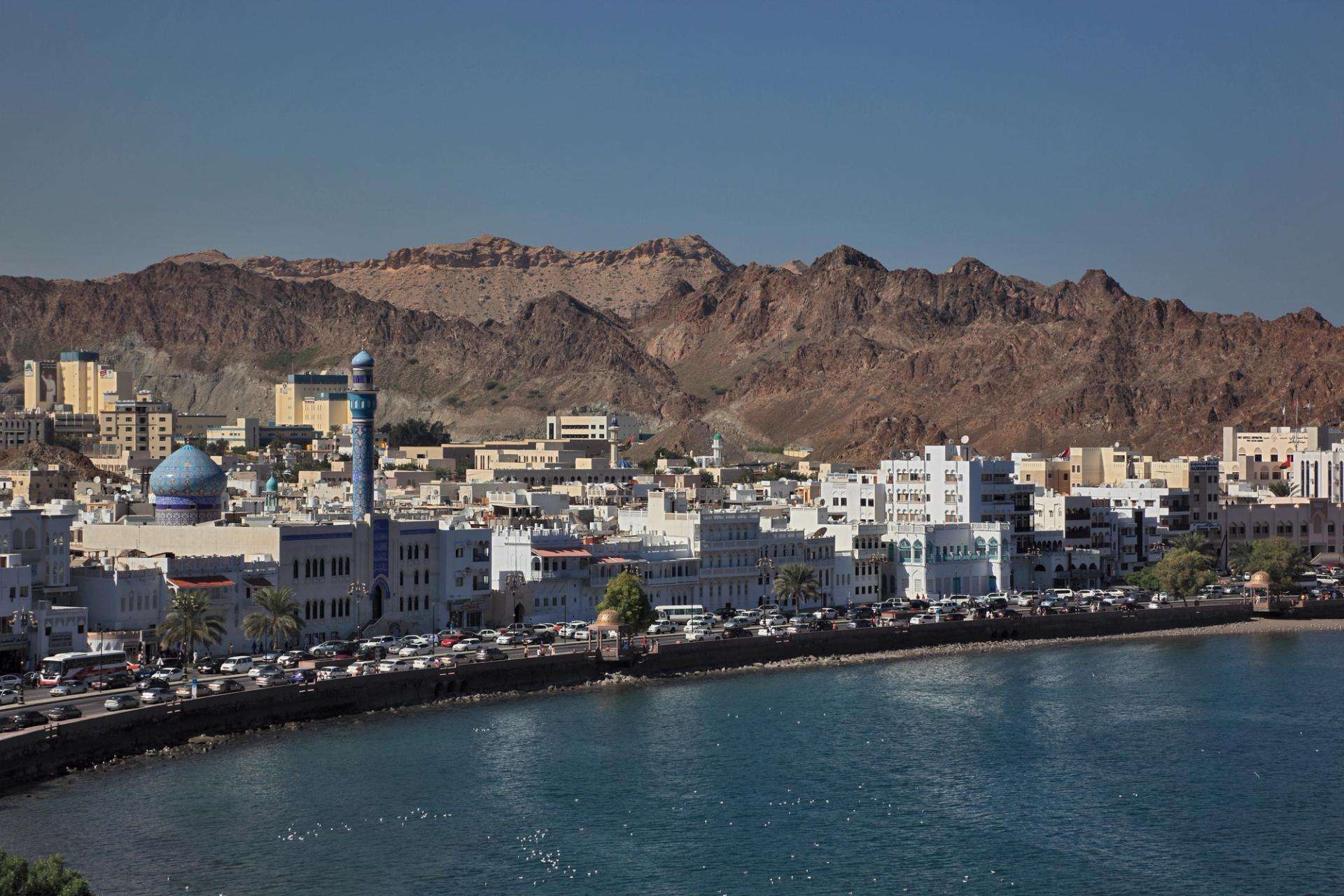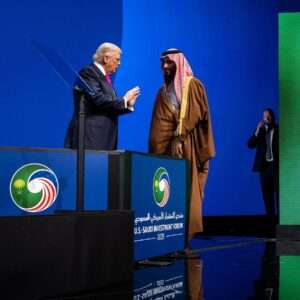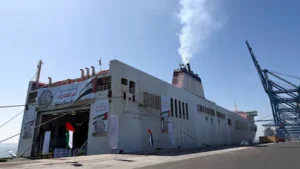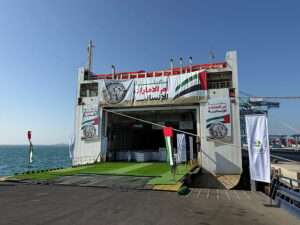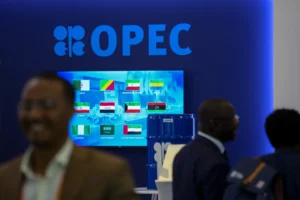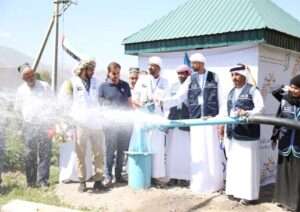WASHINGTON DC.
Oman has joined the growing list of Gulf nations launching golden visa programs, signaling a bold step toward economic diversification and attracting foreign capital. The Sultanate’s new initiative, set to provide detailed guidelines on August 31, offers five- and 10-year renewable visas to investors committing at least 250,000 Omani rials ($650,000) in real estate, commercial ventures, or long-term bank deposits. This move aligns Oman with regional neighbors like Bahrain and the United Arab Emirates (UAE), which have already implemented similar residency-by-investment schemes to bolster their economies.
Oman’s golden visa program comes at a pivotal moment for the country, as it seeks to reduce its historical reliance on oil revenues and position itself as a competitive player in the global investment landscape. Unlike its oil-rich neighbors, Oman has faced fiscal challenges in recent years, but its financial outlook is improving. Sovereign debt levels have decreased, and the country’s capital markets have shown remarkable vitality, with initial public offering (IPO) activity surpassing London’s in 2024. Investments in green hydrogen and natural gas further underscore Oman’s commitment to sustainable economic growth.
The golden visa initiative is a strategic tool to attract high-net-worth individuals, entrepreneurs, and professionals whose capital and expertise can fuel Oman’s ambitious Vision 2040 plan. This long-term development strategy aims to diversify the economy by fostering growth in sectors such as tourism, renewable energy, and technology.
While full details of the program are forthcoming, Oman’s golden visa will target investors willing to make substantial financial commitments. The minimum investment threshold of $650,000 applies to real estate purchases, commercial projects, or long-term bank deposits. In return, investors will gain renewable five- or 10-year residency permits, offering greater stability and access to Oman’s growing economy. Unlike short-term visas, these long-term residencies provide a pathway for investors to establish deeper roots in the Sultanate, potentially encouraging further investment and knowledge transfer.
Oman’s program mirrors similar initiatives in the Gulf. The UAE, for instance, offers five- and 10-year visas to investors in property worth over $500,000 or to high earners, while Bahrain has introduced comparable schemes to attract global talent and capital. Oman’s higher investment threshold may reflect its focus on attracting serious, long-term investors who can contribute significantly to its economic transformation.
The introduction of golden visas across the Gulf reflects a broader regional trend of competing for foreign direct investment (FDI). Countries like the UAE, Bahrain, and now Oman are leveraging their strategic locations, business-friendly environments, and tax advantages to appeal to global investors. The UAE’s golden visa program, launched in 2019, has been particularly successful, drawing celebrities, entrepreneurs, and professionals to cities like Dubai and Abu Dhabi. Oman, with its stunning landscapes, rich cultural heritage, and growing infrastructure, aims to carve out its own niche in this competitive landscape.
Oman’s golden visa could also appeal to investors seeking stability in a region known for its geopolitical complexities. The Sultanate’s reputation for neutrality and diplomacy, combined with its investments in green energy and tourism, makes it an attractive destination for those looking to diversify their portfolios while enjoying long-term residency benefits.
While the golden visa program holds significant promise, Oman faces challenges in ensuring its success. The relatively high investment threshold may deter some investors, particularly when compared to the UAE’s lower entry point. Additionally, Oman will need to enhance its global marketing efforts to compete with established hubs like Dubai. Streamlining bureaucratic processes and ensuring transparency in the application process will also be critical to building investor confidence.
However, Oman’s unique strengths provide a solid foundation for success. Its focus on sustainable industries, such as green hydrogen, positions it as a forward-thinking destination for environmentally conscious investors. The country’s growing tourism sector, bolstered by attractions like the ancient city of Nizwa and the pristine beaches of Salalah, adds to its appeal. Moreover, Oman’s stable political environment and ongoing economic reforms make it a compelling choice for long-term investment.
As Oman prepares to unveil the full details of its golden visa program on August 31, the initiative is poised to play a key role in the Sultanate’s economic transformation. By attracting foreign capital and talent, Oman aims to accelerate its diversification efforts and cement its position as a dynamic player in the Gulf’s economic landscape. For investors, the program offers a unique opportunity to gain residency in a country with immense potential, underpinned by a vision for sustainable growth and global connectivity.
As the Gulf’s golden visa race heats up, Oman’s entry into the fray signals its determination to compete on the global stage. With a clear strategy and a commitment to reform, the Sultanate is well-positioned to turn its golden visa program into a catalyst for long-term prosperity.

